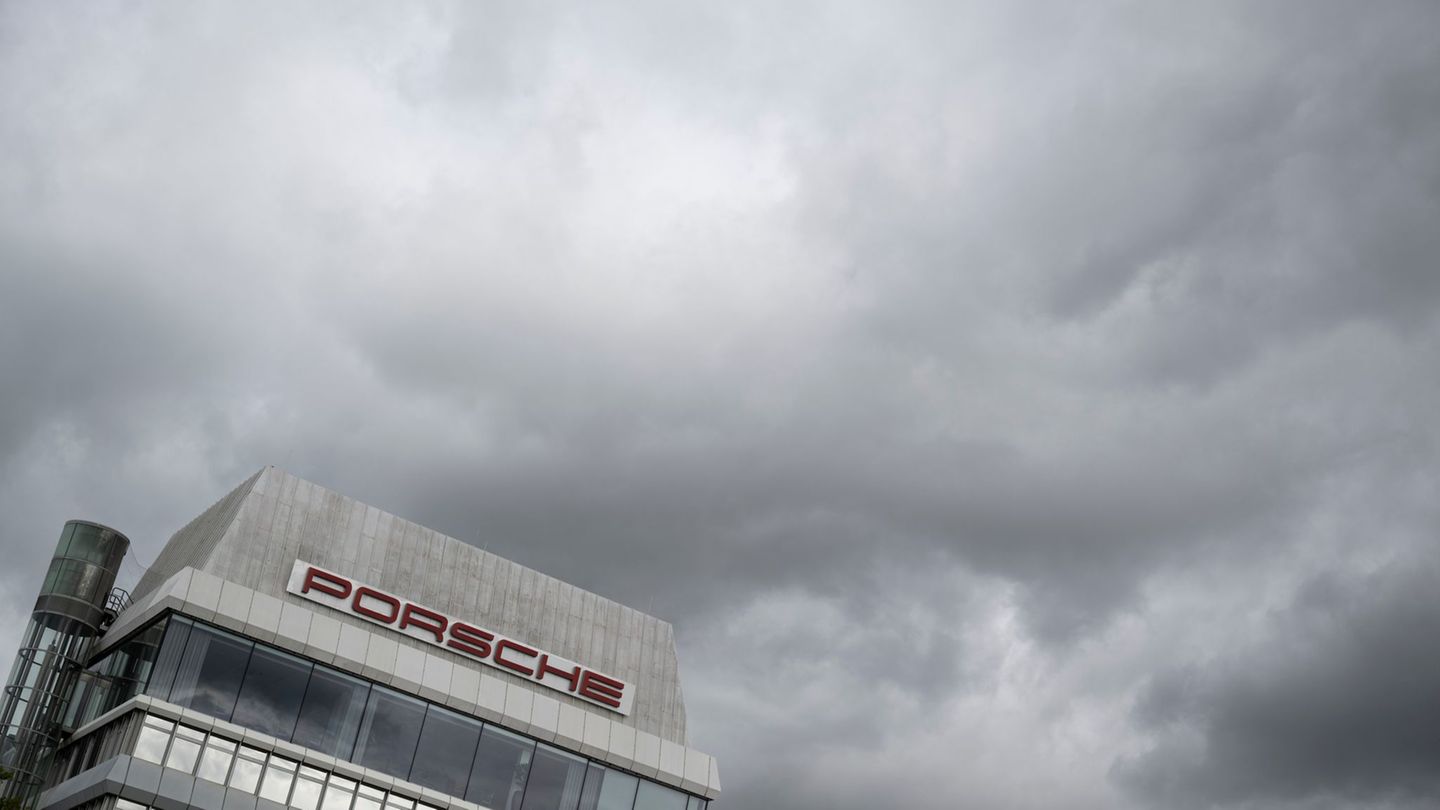The Road Traffic Act is the basis for traffic law. Experts expect a “modernization boost” from a planned reform. The minister hammers in stakes.
Federal Transport Minister Volker Wissing (FDP) wants to give local authorities new scope for decision-making in transport planning. “We are making things easier, especially for safety measures in playgrounds, high-traffic school routes and pedestrian crossings. However, there will not be a nationwide 30 km/h speed limit,” Wissing told the German Press Agency on Tuesday.
The ministry had presented a bill to reform the Road Traffic Act. “We are expanding the Road Traffic Act by also including the goals of environmental protection, health and urban planning. However, safety and ease of traffic remain the main goals of the Road Traffic Act,” says Wissing. “They must always be taken into account in the future.” The interests of road traffic should not be neglected with the new scope for local decision-making.
In the future, states and municipalities could react more quickly and flexibly to special local requirements. It is important, however, that the speed limit of 50 kilometers per hour in town remains, said the minister. Among other things, this is important for through traffic, which would otherwise find its way through residential areas.
The bill is expected to be passed by the cabinet on Wednesday. Wissing is thus implementing a requirement of the coalition agreement. In addition to the Bundestag, the Bundesrat must also agree.
Think tank hopes for “paradigm shift”
The reform could form the basis for a modernization push in urban transport, said the director of the think tank Agora Verkehrswende, Christian Hochfeld. He spoke of a “paradigm shift”. The public space in the cities can be distributed more fairly between the individual modes of transport. Many cities were waiting for modernization, for example for simpler designations of 30 km/h zones and for the establishment of bus lanes and cycle paths. In a further step, however, the subordinate road traffic regulations had to be changed.
Lawyer Roman Ringwald from the law firm Becker Büttner Held said that many changes to the applicable provisions of the road traffic regulations, for example to set up bus lanes, are currently failing in practice. “It’s only when we start doing that that the local authorities’ scope for action really changes.”
The managing director of the German Association of Cities, Helmut Dedy, said that the cities have long been demanding more decision-making and design freedom in the transport sector from the federal government. “This applies to parking space management and fees as well as speed limits and new traffic concepts.” The draft law shows the first signs of a rethink and goes in the right direction for the cities.
A coalition formed by cities had already advocated more autonomy in setting speed limits within built-up areas. Cities and communities must be able to set Tempo 30 as a “maximum speed that is appropriate in terms of traffic, society, ecology and building culture” where they think it makes sense – also for entire streets in the main road network and, if necessary, as a new standard maximum speed throughout the city.
Alliance Cities
Source: Stern
I have been working in the news industry for over 6 years, first as a reporter and now as an editor. I have covered politics extensively, and my work has appeared in major newspapers and online news outlets around the world. In addition to my writing, I also contribute regularly to 24 Hours World.




